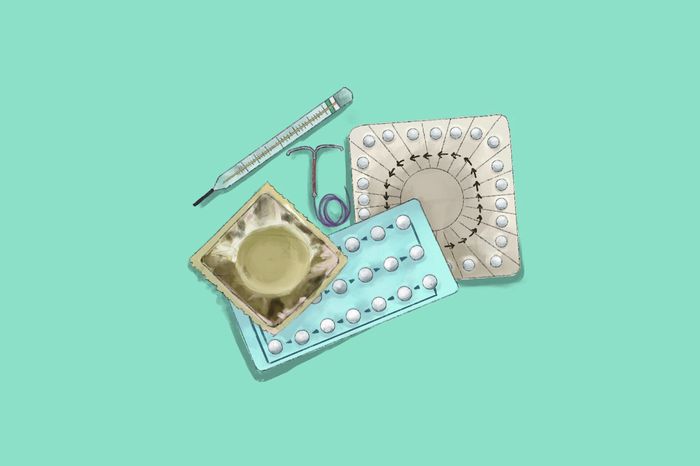In conversation with Will Hanrahan on Netflix’s My Lover, My Killer
Hannah Burfield speaks to the creative director of the top 10 show on spreading awareness about domestic violence

Netflix’s My Lover, My Killer has seen remarkable success, spending several weeks in the top 10 upon its release, prompting its renewal for further seasons. Alongside this streaming success, the show has sparked conversations about the pervasive issue of male violence against women which continues to plague the UK. Talking with Will Hanrahan, the Creative Director of the show, we explored how media such as My Lover, My Killer can help dismantle the stigma that remains deeply intertwined with the issue of domestic violence.
With such a sensitive subject at its core, creating a series like this requires a delicate balance between making it compelling for viewers, whilst maintaining respect for the victims and their families. To achieve this, Hanrahan explained how they “always request family permission” to make the episodes, and they “then collaborate with a family member, or sometimes more, to tell the story respectfully, tastefully with a sense of purpose.” Indeed, the victims’ families play a “total and fundamental” role in shaping the episodes. The show “wants to warn others of the danger,” and this remains Hanrahan’s principal goal. While making it compelling is a consideration, it assumes a “less important” role “than ensuring the families are content.”
“They ‘then collaborate with a family member, or sometimes more, to tell the story respectfully’”
Crime-related television and films often risk sensationalizing violence, and this is “always a big concern” for Hanrahan, who says he is “equally allergic to sensationalism”. For My Lover, My Killer, he says “less is more” and “the facts themselves are the building bricks” of the films. Whilst the story-telling does draw on dramatic narrative beats, they do not aim to be dramatic. Instead, the aim is to present the reality of the distressing situation unfolding in the UK, where individuals are trapped in dangerous, abusive relationships with limited options for a way out.
Domestic abuse cases are prevalent in the UK, and I asked Hanrahan about how the show selects specific cases to feature. For this, he noted how “the series title does that job for us,” leading them to “research cases of homicide carried out by a romantic partner of another”. Expanding on this further, he noted how “it is of deep regret that the statistics then choose the demographic represented; women are more likely to be victims than men, and younger women are more likely to be subject to violence than older women”.
All of the cases which are featured on the show are heartbreaking and emotionally distressing to hear about. Hanrahan noted how “the murder of Tai O’Donnell, a young talented man too afraid and almost ashamed to report the abuse he suffered at the hands of his girlfriend, resonated with all of our team.” While the majority of episodes focus on women who have been murdered by their partners, the show also highlights cases involving men who are victims of similar abuse, broadening the conversation around domestic violence. Hanrahan’s comment on this sense of shame is significant, as it highlights a dangerous reality for men trapped in abusive relationships, ones where they feel they have nowhere and no one to turn to for support. For Tai O’Donnell, all he felt he could ever confess to his mother, who has since “been utterly devestated for life,” was “Mum, you don’t know what I am dealing with”.
“If I can get one person watching to say ‘that could be me and I am not going to let it happen,’ then I am pleased”
Hanrahan explained how, beyond shedding light on these cases of abuse, the series wants to “move the social dial” with their programming. Indeed, for the director, “if I can get one person watching to say ‘that could be me and I am not going to let it happen,’ then I am pleased.” Moreover, the impact it could have on governmental policies in the UK is immense. Therefore, “getting powerful people to listen to the problem is a key target”. Despite receiving negative reactions from commissioning teams when he initially pitched a series about domestic abuse and coercive control in relationships, the show has now “made policy-makers think”. This change highlights the impact the series has had, driving the conversation beyond entertainment and toward real-world action and policy change.
It is crucial that we all become more aware of coercive control in relationships, and not pretend that what goes on behind closed doors is not something we can change. By highlighting these cases and exposing the shortcomings in current governmental and police support systems for victims, Hanrahan’s show has the potential to drive a significant shift in how domestic abuse is addressed in the UK.
Want to share your thoughts on this article? Send us a letter to letters@varsity.co.uk or by using this form.
 News / Hundreds of Cambridge academics demand vote on fate of vet course20 February 2026
News / Hundreds of Cambridge academics demand vote on fate of vet course20 February 2026 News / Judge Business School advisor resigns over Epstein and Andrew links18 February 2026
News / Judge Business School advisor resigns over Epstein and Andrew links18 February 2026 News / Petition demands University reverse decision on vegan menu20 February 2026
News / Petition demands University reverse decision on vegan menu20 February 2026 News / CUCA members attend Reform rally in London20 February 2026
News / CUCA members attend Reform rally in London20 February 2026 News / Caius students fail to pass Pride flag proposal20 February 2026
News / Caius students fail to pass Pride flag proposal20 February 2026










